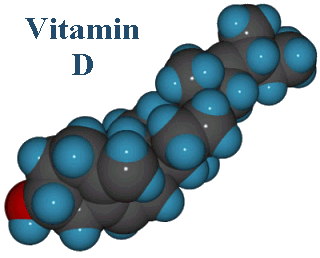 Researchers from China and the UK studied a group of Chinese people.
Researchers from China and the UK studied a group of Chinese people.
Metabolic syndrome is a combination of medical disorders that increase the risk of developing cardiovascular diseases and diabetes.
First, the details.
- Blood levels of vitamin D (25[OH]D) were measured in a 3262 adults from Beijing and Shanghai.
- Metabolic syndrome was defined according to the updated National Cholesterol Education Program Adult Treatment Panel III criteria for Asian Americans.
- Fasting blood sugar levels, insulin, lipid profile, A1c, and inflammatory markers were measured.
And, the results.
- Vitamin D insufficiency — levels below 75 nmol/L — was documented in 24% of people studied.
- Vitamin D deficiency — levels below 50 nmol/L — was documented in 69% of the people.
- People with the lowest average vitamin D levels (29 nmol/L) were 52% more likely to have metabolic syndrome than people with the highest average levels (58 nmol/L).
- There was also a correlation between vitamin D levels and insulin levels and insulin resistance in overweight and obese, but not normal weight, individuals.
The bottom line?
The authors concluded, “Vitamin D deficiency is common in the middle-aged and elderly Chinese and low 25(OH)D level is significantly associated with increased risk of having the metabolic syndrome and insulin resistance.”
Similarly, in adolescents, a correlation between low vitamin D levels and a higher risk of the metabolic syndrome has been reported.
6/5/09 20:17 JR